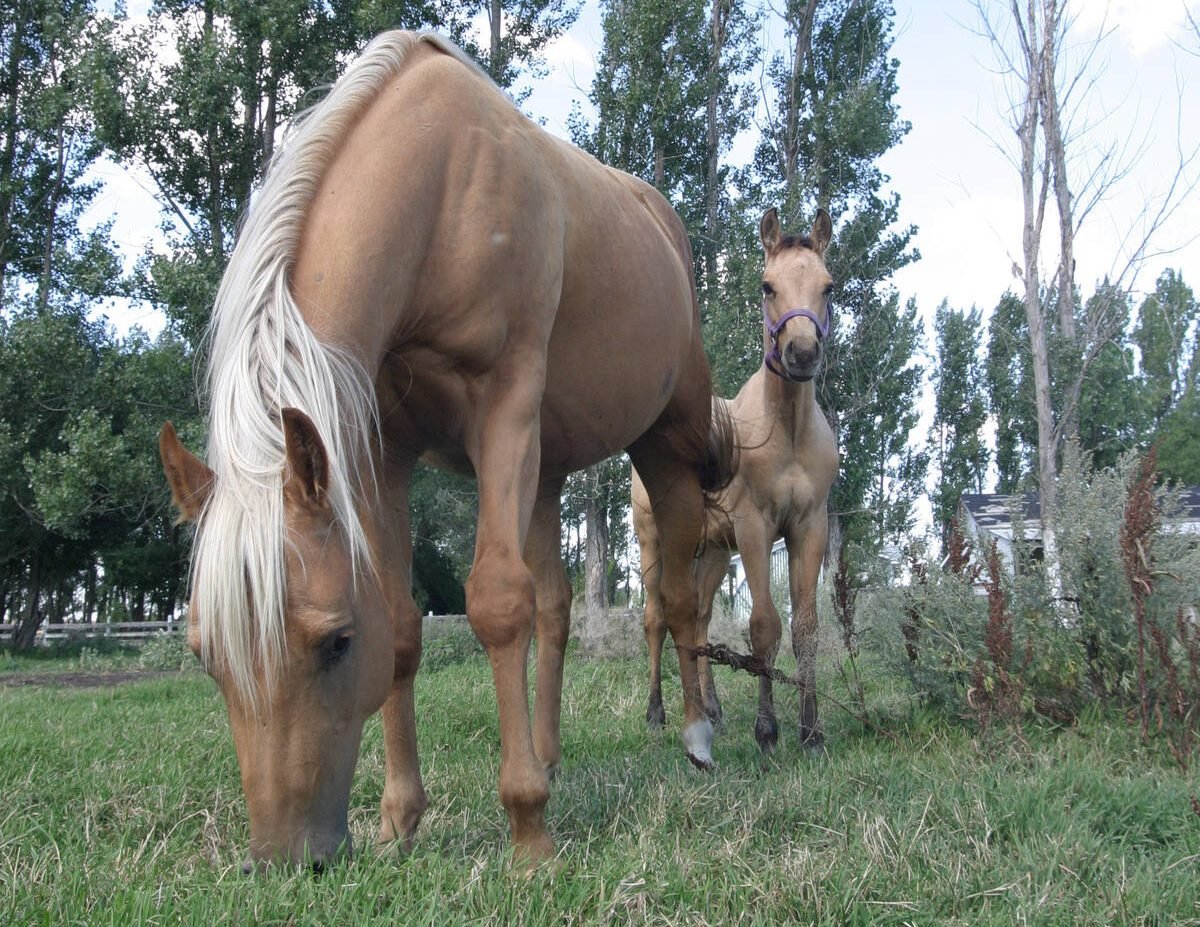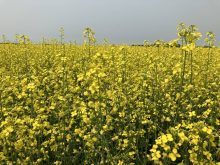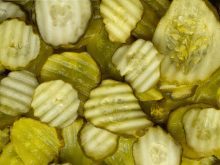Hastily I wave at the villagers gawking at this white woman on the back of a truck, then hang on to the head rack for dear life as the driver swerves around yet another pothole.
Ruth Myanza was right to hire a truck. No car would make it over these roads. Ruth has invited me to come with her and Lister Zimba to look at a piece of land she wants to buy. The two women are members of the Bukuumo Co-operative. I am excited to be with them today, to have a glimpse into the female sector of Zambian agriculture. 
Read Also

Growth plates are instrumental in shaping a horse’s life
Young horse training plans and workloads must match their skeletal development. Failing to plan around growth plates can create lifelong physical problems.
We pick up Mrs. Zimba at the primary school where she is a teacher. Skeptical, I eye the chic woman in her fine cream dress and white silk scarf. Is she going to the farm like that?
I have no cause to fear. No Zambian woman leaves home without one or two shtenges, wide strips of fabric that can be wrapped around as a skirt to cover, used as a sling to carry babies or produce, or to sit on. Together we walk to the nearest mini bus terminal and catch a bus to the next town, where we rent the truck. Only a small percentage of Zambians own their own vehicles. Most use public transport.
Ruth and Lister are among a large group of urbanites, many of them women, operating farms outside of the city, sometimes large distances away. Most of them hold regular jobs or run a business besides the farm, then are on the farm at planting and harvesting time. In between, they make infrequent trips to see how things are growing or to attend to issues their workers have brought to their attention.
They usually have someone living on the farm, often a family member, to do most of the work and for security reasons.
Lister and Derrick Zimba own six hectares (15 acres) near a small village, four of which are planted with maize. They have planted 32 orange trees and plan to add some fish ponds. 
Ruth manages a large market garden just outside town and grows nursery plants for sale in her beautifully landscaped city residence. She is a knowledgeable and capable farmer, often supervising many workers. She and her husband also own 120 hectares (296 acres) of undeveloped land further out in the bush.
Just after a pine forest, the truck turns into a path of sorts. Lister’s farm is on our left. Children play in the dust before the mud brick house and are excited to see us. The maize is high and almost mature but the weeds are almost as high. 
As beginning farmers, this is their first bigger crop on this farm. I want to tell her that the weeds have eaten much of her profit, but don’t. Maybe there will be a more opportune moment. And who am I to talk, when all has to be weeded by hand with a hoe, and the rainy season grows the weeds as fast as you can hack them off?
Yet I know that a smaller plot, using better farming techniques, would be less labour intensive and bring more rewards.
The driver takes us to the land that Ruth wants to buy, four hectares along a permanent stream, ideal for fish ponds. I am impressed at women that buy farmland. Even gender wise, Zambia is full of contrasts. Women are electricians and managers, yet at home usually operate within narrow traditional roles. A man still has to pay a dowry to get married, even in educated circles.
The government encourages the empowerment of women, but because there is little money behind the words, it often has little effect. More effective are the many non-government organizations, such as the Canadian ones, that include gender equality as an important part of their programs.
Back in Ruth’s beautiful yard, a cool drink washes down the dust of the trip but not the impressions.
Previous entries
Diaries of a Global Farmer – March 20, 2008
Diaries of a Global Farmer – March 13, 2008
Diaries of a Global Farmer – March 6, 2008
Diaries of a Global Farmer – February 28, 2008
Diaries of a Global Farmer – February 21, 2008
Diaries of a Global Farmer – February 14, 2008
Diaries of a Global Farmer – February 7, 2008
Diaries of a Global Farmer – February 1, 2008














